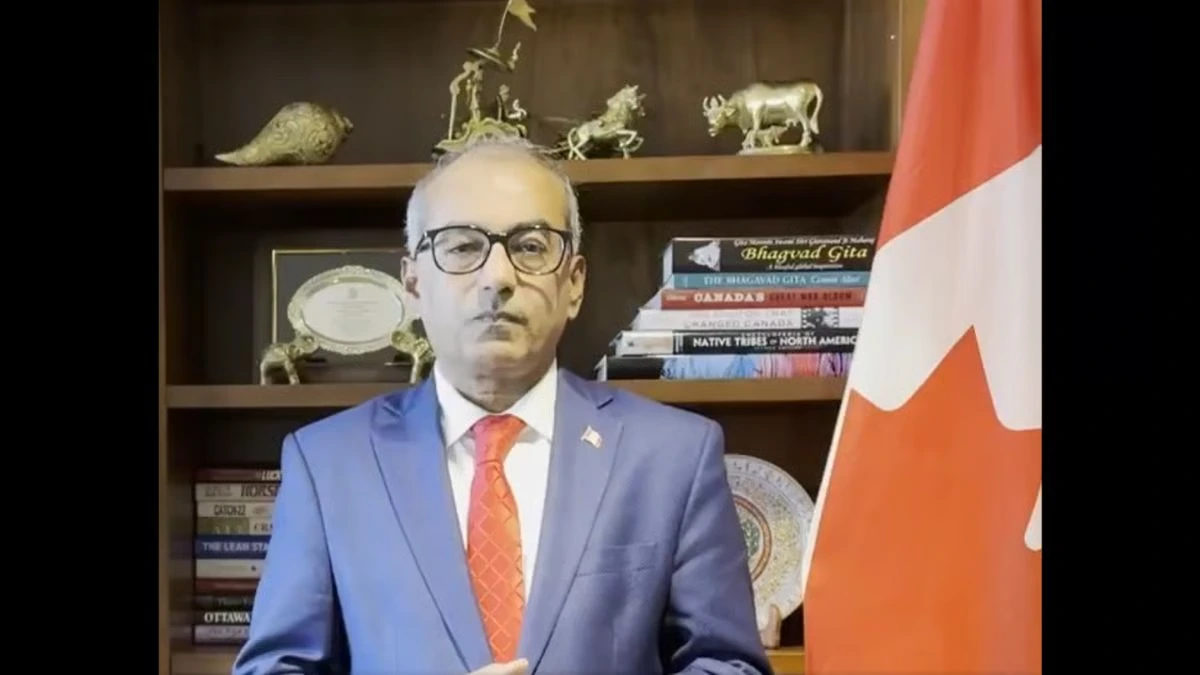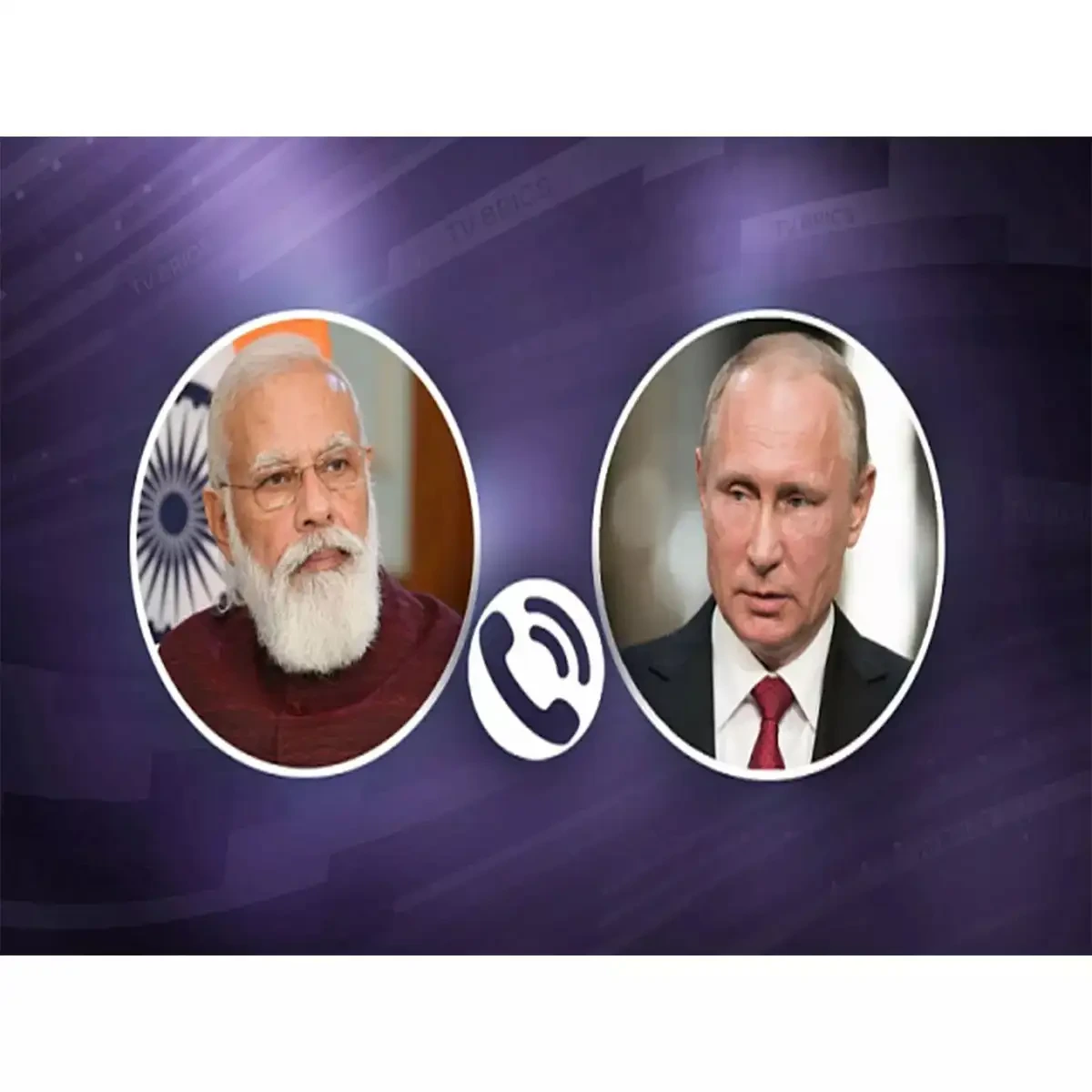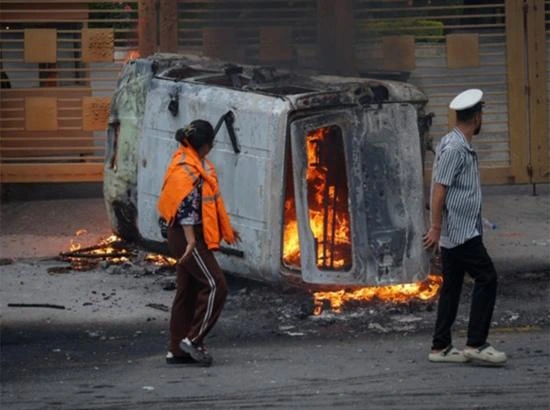7 Dec 2024, 5:05 PM Canadian MP Chandra Arya has voiced his opposition to a motion seeking to declare the 1984 anti-Sikh riots in India as a genocide.
The motion, which was introduced in the Canadian Parliament, has sparked significant debate both within the country and internationally. Arya, a prominent Indian-origin MP, has expressed concerns about the motion’s implications, calling for a balanced perspective on the tragic events of 1984.
Stand of MP Chandra Arya on the Motion
Chandra Arya clarified his position, stating that while the 1984 anti-Sikh riots were a dark chapter in India’s history, the term “genocide” may not accurately capture the events.
He emphasized the importance of using precise terminology when addressing such sensitive matters, highlighting the need to respect historical and legal contexts.
Arya also pointed out that the Indian government has taken steps over the years to acknowledge and address the injustices faced by the Sikh community.
He underscored that efforts to seek justice and promote reconciliation should not be overshadowed by motions that could create further divisions.
Reactions to the statement of MP Chandra Arya
Arya’s stance has garnered mixed reactions. Supporters have praised his thoughtful approach and emphasis on historical accuracy, while critics argue that the motion is necessary to acknowledge the gravity of the events and honor the victims.
The debate has reignited discussions on how nations should address past atrocities and the terminology used to describe them.
In his statement, Arya reiterated his commitment to supporting the Sikh community while urging policymakers to avoid polarizing narratives.
His intervention reflects his belief in fostering unity and understanding within Canada’s diverse population.
Global Attention
The controversy surrounding the motion and Arya’s opposition has been widely covered in newshots across international media.
Analysts have pointed out that the issue has implications not only for India-Canada relations but also for the global Sikh diaspora.
Arya’s stance has been a focal point of discussions, highlighting the complexities of addressing historical tragedies in modern political contexts.
Looking Ahead
As debates continue, Chandra Arya’s opposition to the motion has sparked meaningful conversations about justice, reconciliation, and the role of politicians in shaping narratives around sensitive historical events.
His stance serves as a reminder of the importance of thoughtful discourse in addressing issues that resonate deeply with affected communities while maintaining a broader perspective on unity and progress.





